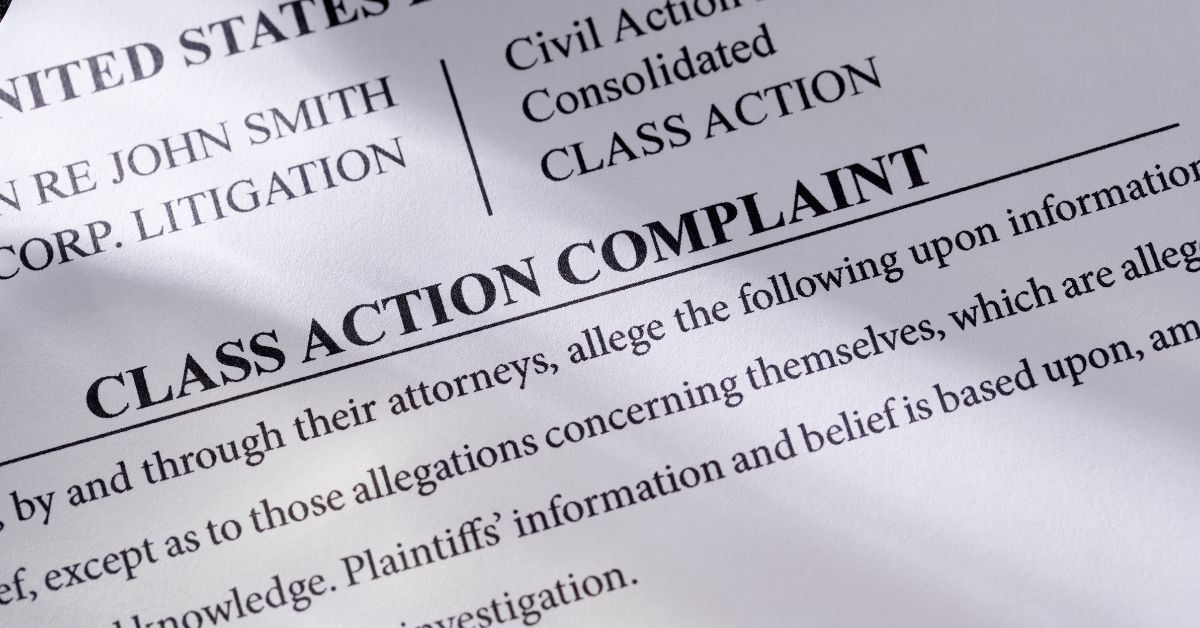How To Cancel Lexington Law
How To Cancel Lexington Law Relocating with a Minor Child to the USA: What to Do When the Other Parent Objects to Guardianship Consent If you’re considering relocating from South Africa to the United States of America (USA) with your minor child, but the other parent is unwilling to grant consent for the move, you might be wondering about your rights and what steps you can take. The United States is a popular destination for immigration, driven by factors such as better job opportunities, family ties, and an improved quality of life. However, when a parent intends to move to the USA with their minor child, it usually requires the consent of the parent remaining in South Africa. In this article, we’ll explore the legal aspects and challenges you might encounter when planning to emigrate to the USA with your child.
Understanding the Importance of Consent
In accordance with South African law, if you share parental responsibilities and rights for your minor child, your consent is essential for your child to leave South Africa, including relocating to the United States of America. Specifically, Section 18 of the Children’s Act 38 of 2005 addresses the requirements related to parental responsibilities and rights. The key provisions of this section are as follows:
Read More : How A Bill Becomes A Law Worksheet
Parental responsibilities and rights
- A person may have either full or specific parental responsibilities and rights in respect of a child.
- The parental responsibilities and rights that a person may have in respect of a child include the responsibility and the right to:
- Care for the child
- Maintain contact with the child
- Act as the guardian of the child
- Contribute to the maintenance of the child
- Subject to subsections (4) and (5), a parent or other person who acts as the guardian of a child must:
- Administer and safeguard the child’s property and property interests
- Assist or represent the child in administrative, contractual, and other legal matters
- Give or refuse any consent required by law in respect of the child, including consent to the child’s marriage, adoption, departure or removal from the Republic, application for a passport, and alienation or encumbrance of any immovable property of the child.
- Whenever more than one person has guardianship of a child, each one of them is competent, subject to subsection (5), any other law, or any order of a competent court to the contrary, to exercise independently and without the consent of the other any right or responsibility arising from such guardianship.
- Unless a competent court orders otherwise, the consent of all the persons that have guardianship of a child is necessary in respect of matters set out in subsection (3)(c).
Read More : Which Article Proclaims The Constitution As The Highest Law
Understanding Parental Responsibilities and Rights
Parental Responsibilities and Rights, as defined in Section 18(2) of the Children’s Act, encompass the following:
- To care for the child: This includes providing for the child’s physical and emotional needs, such as shelter, food, and emotional support.
- To maintain contact with the child: This involves maintaining a meaningful and ongoing relationship with your child, even if you are separated or living apart.
- To act as the guardian of the child: As a guardian, you are responsible for making important decisions on behalf of the child, including those related to their welfare, education, and medical care.
- To contribute to the maintenance of the child: This pertains to your financial obligations to support your child, ensuring they have access to the resources they need for a healthy and fulfilling life.
Therefore, if you hold parental responsibilities and rights for your minor child, and consequently, guardianship rights, your consent is vital when it comes to matters related to guardianship, including your child’s departure from South Africa, such as emigration to the United States of America. In this context, both parents’ consent is generally required, as stated in Section 18(3)(c) of the Children’s Act.
If the other parent is unwilling to provide consent, it’s important to consult with a legal professional who specializes in family law. They can help you navigate the legal process and explore potential solutions, such as seeking a court order if it’s in the best interests of the child to relocate to the USA. Additionally, they can provide guidance on fulfilling your parental responsibilities and rights while ensuring the child’s well-being throughout the process.





